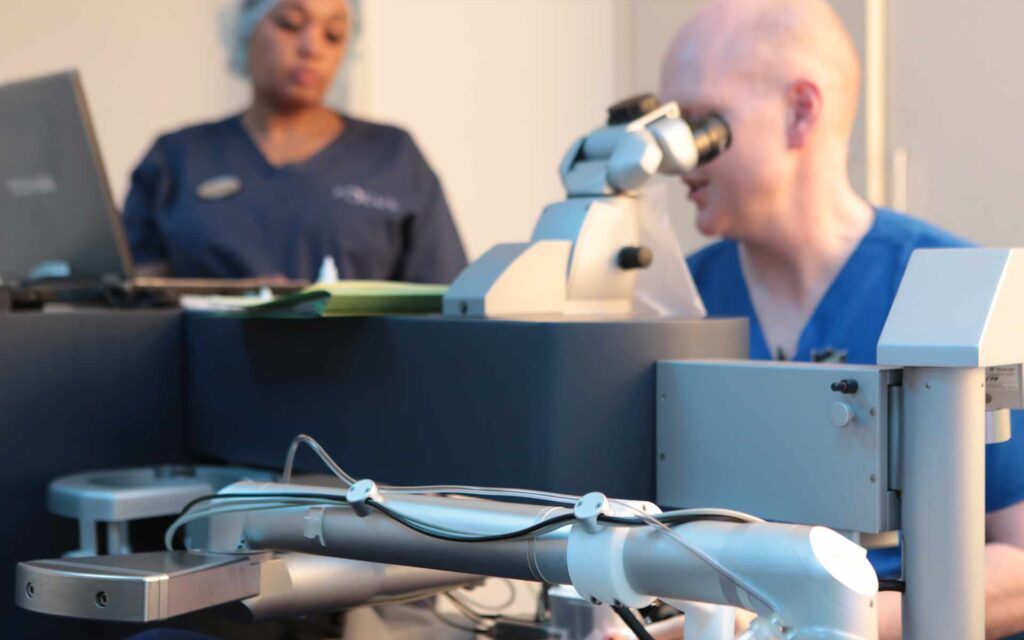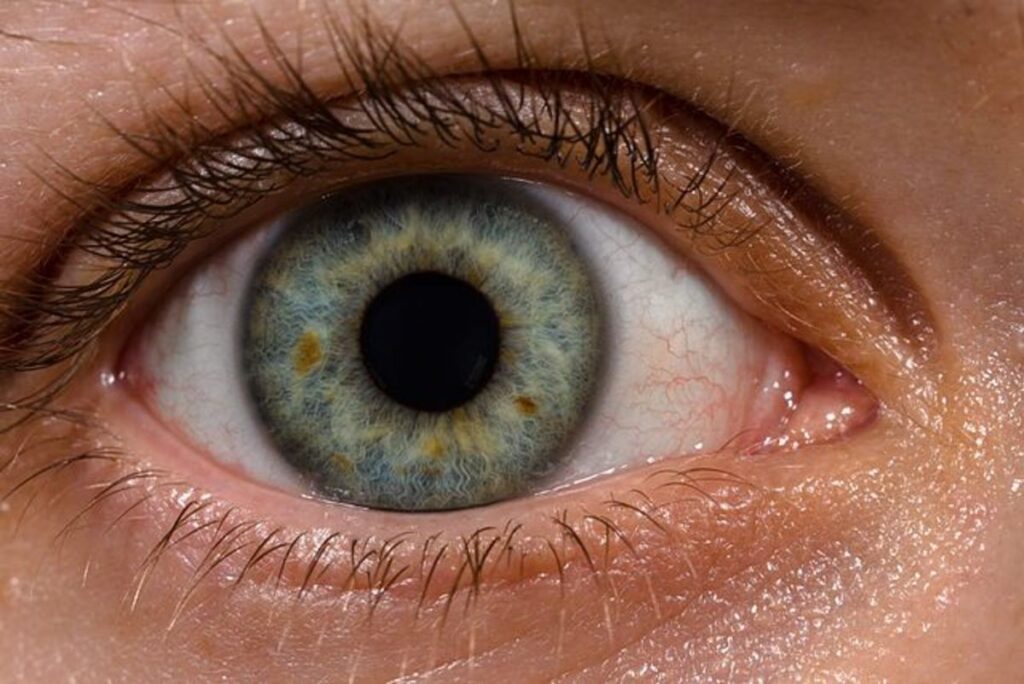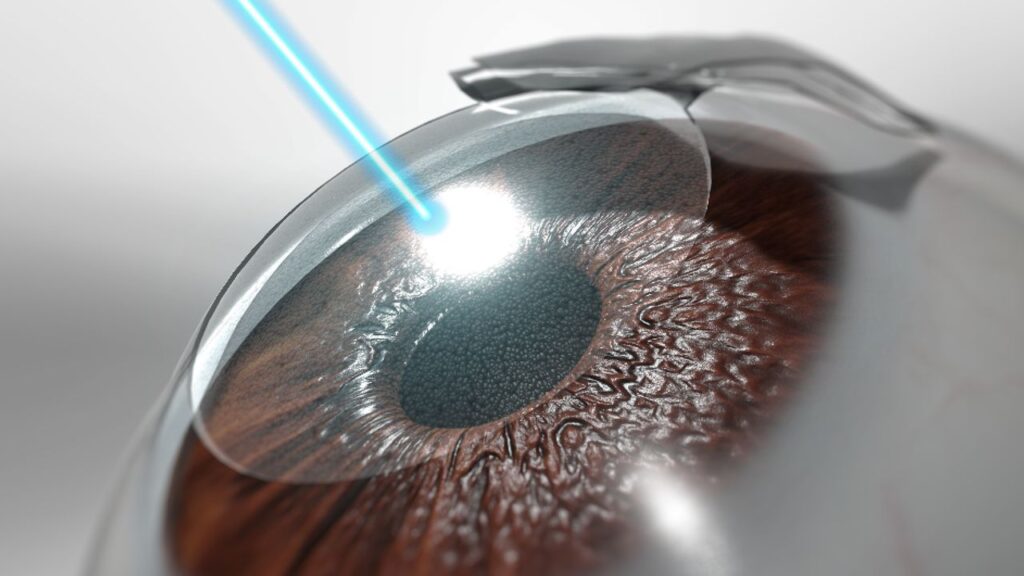Is LASIK Eye Surgery Safe? Risks, Benefits, and Long-Term Results
For anyone who relies on glasses or contact lenses every day, the idea of clear vision without them can feel both exciting and intimidating. LASIK eye surgery often comes up as a potential solution—but so does a very important question: Is it actually safe? If you’re considering LASIK, it’s normal to want honest, balanced information […]
Is LASIK Eye Surgery Safe? Risks, Benefits, and Long-Term Results Read More »



